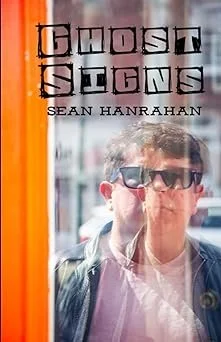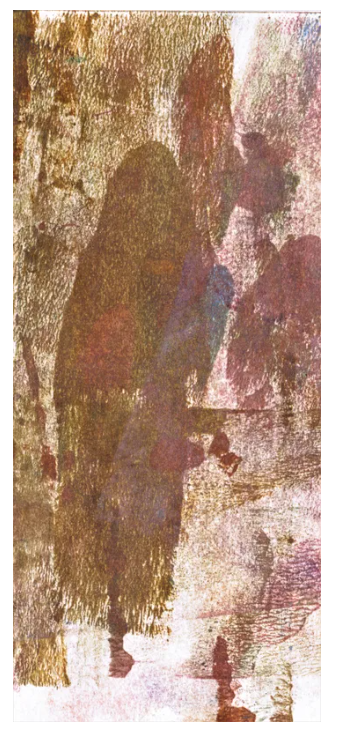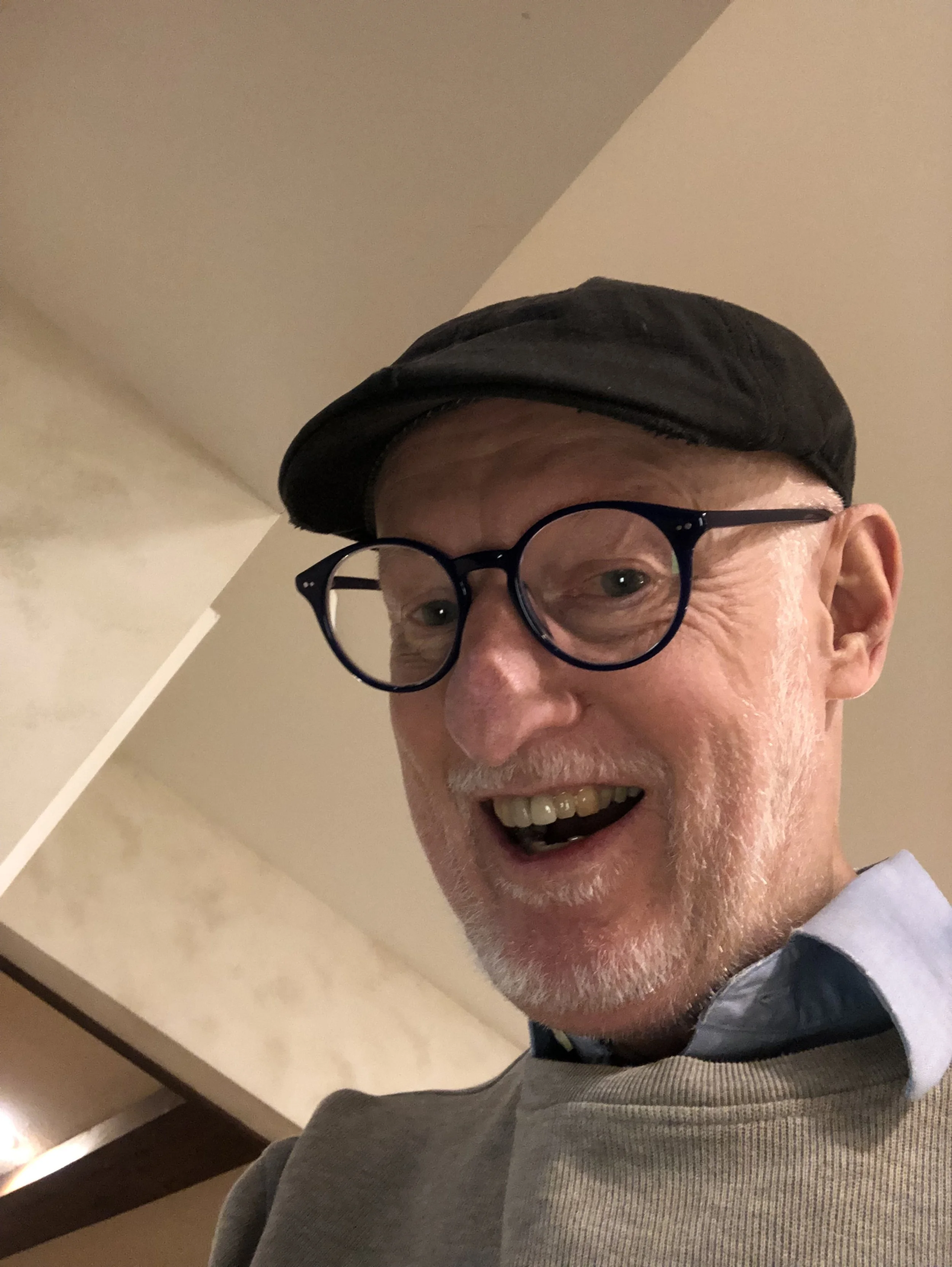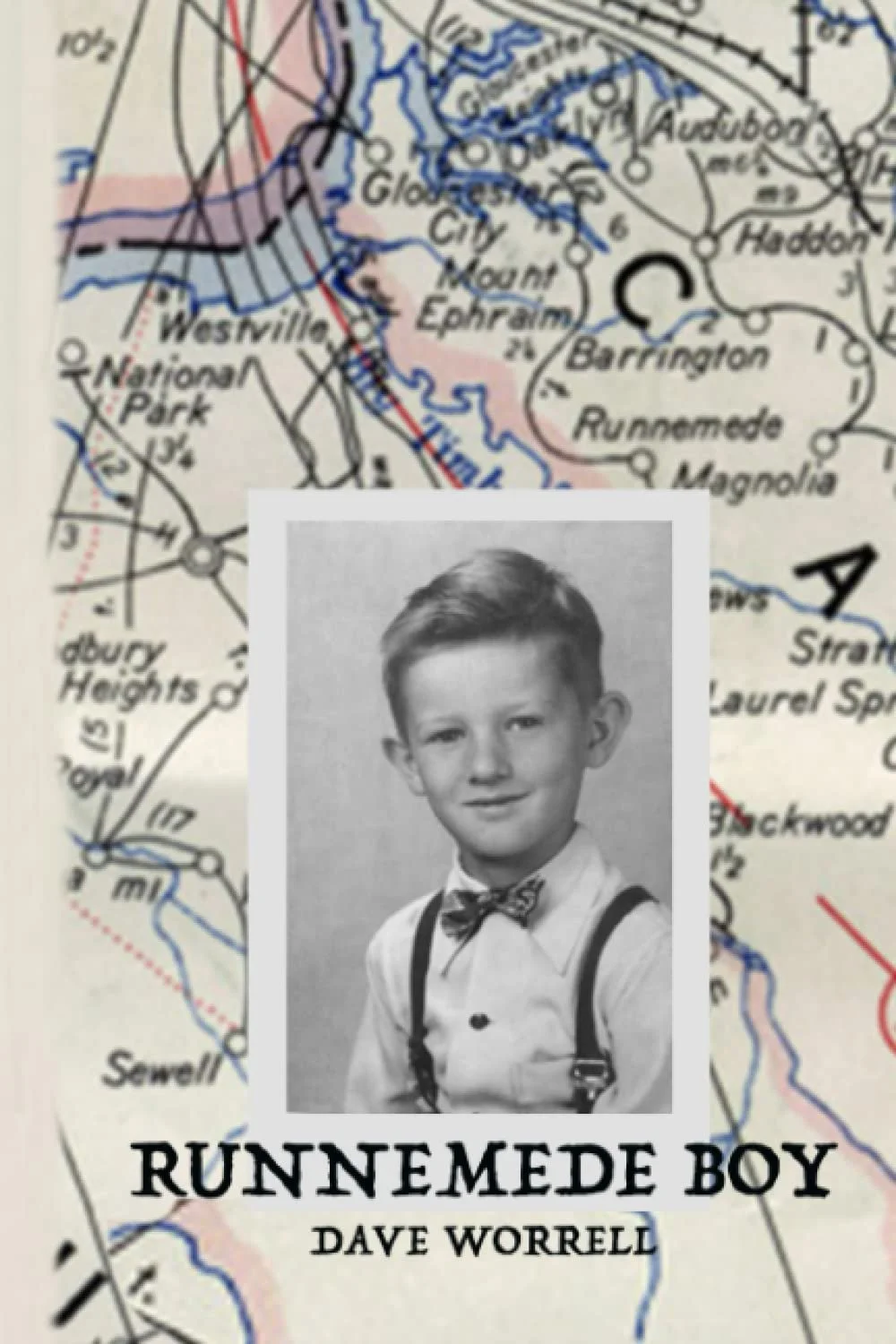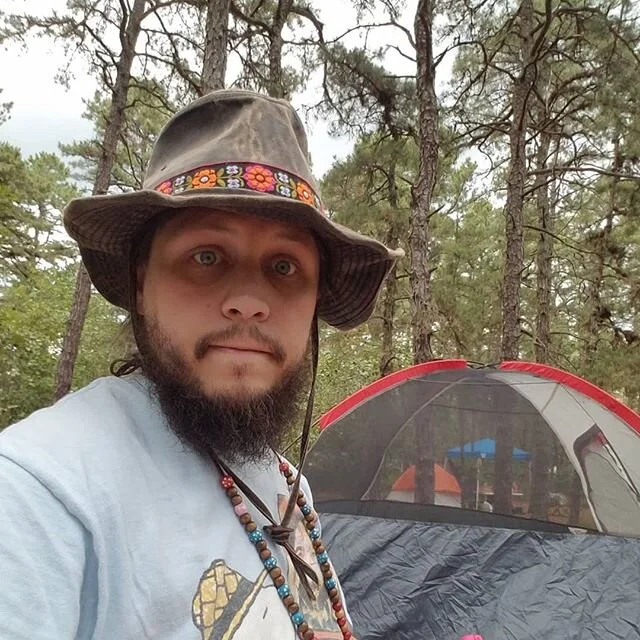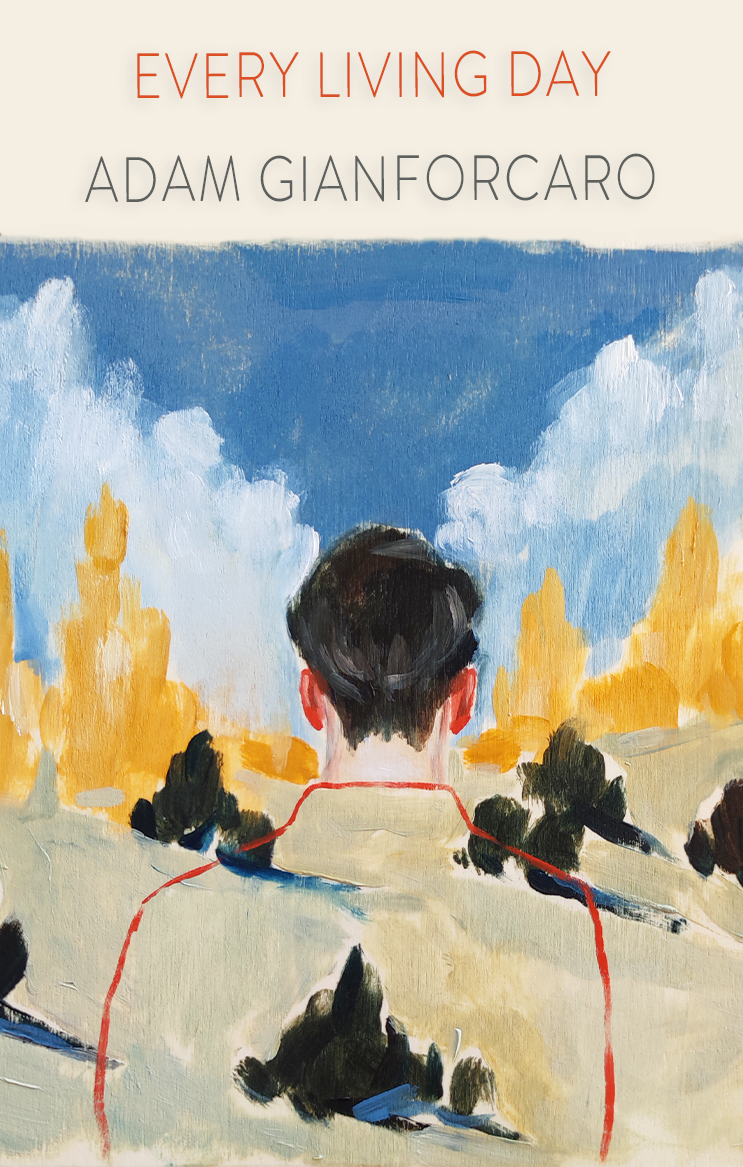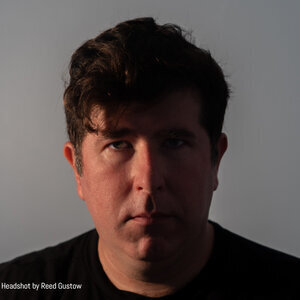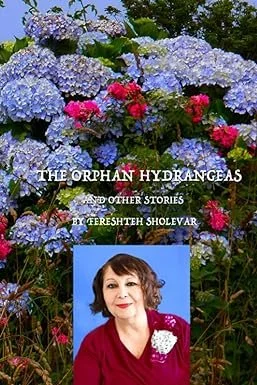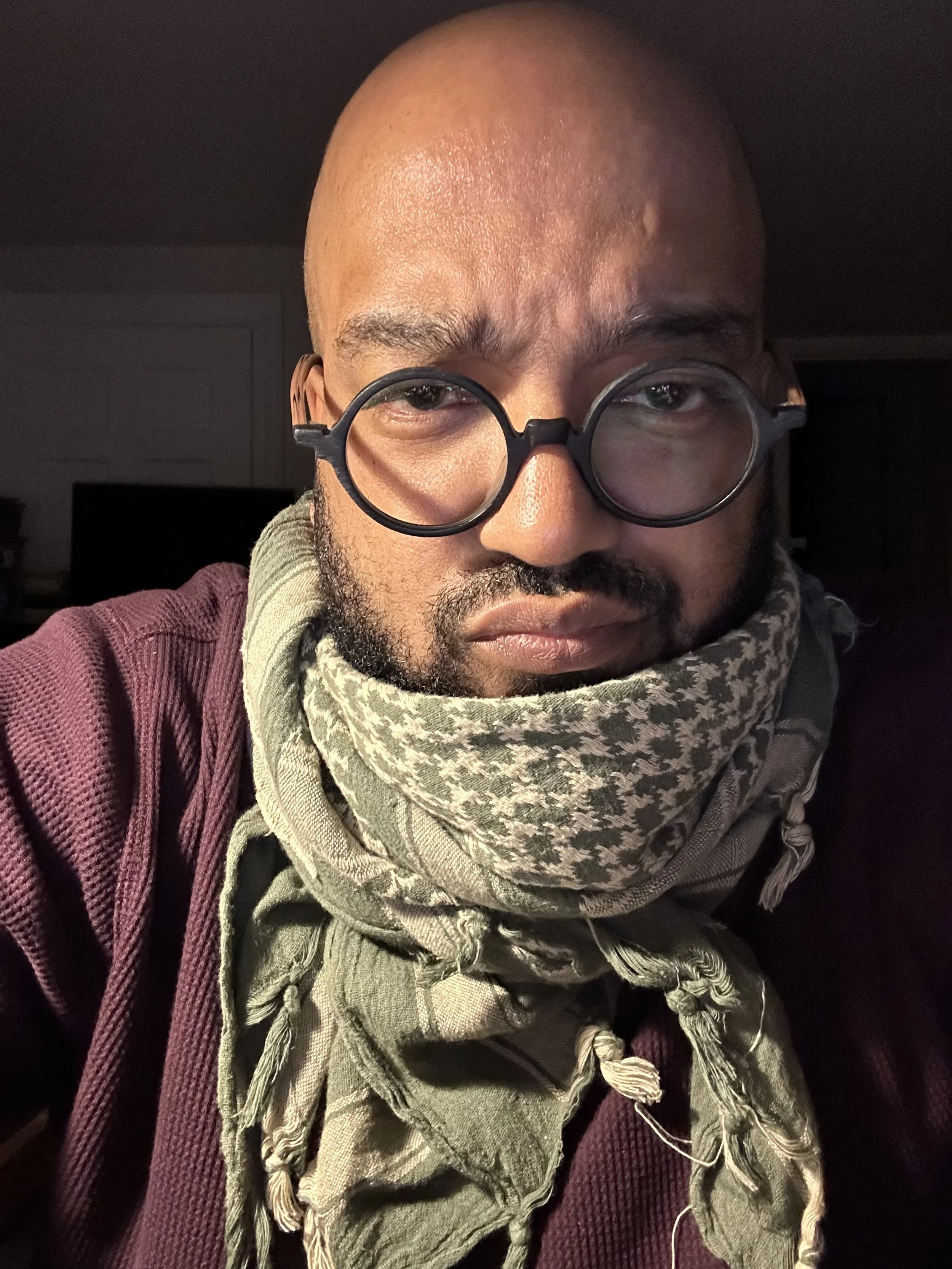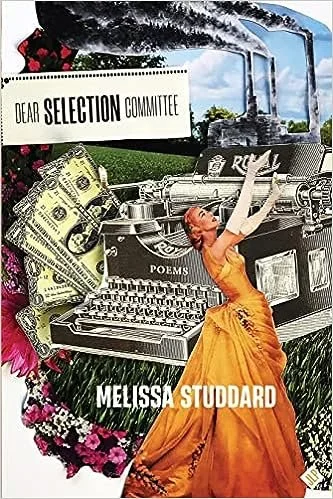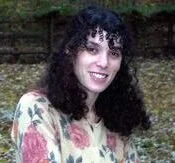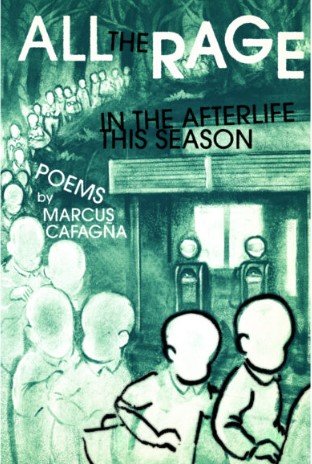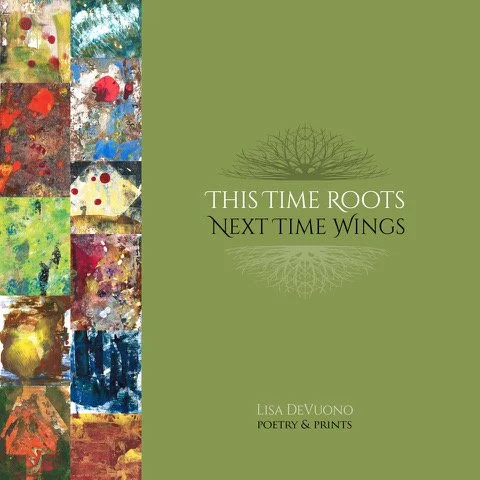The Mad Poet of the Year blog posts share the poetry of a long-time Mad Poet. This year-long appointment provides readers with a deep dive of the writer’s work and thoughts on poetry. We are thrilled to have Tonita Austin (aka Toni Love) serve as the Mad Poet of the Year for 2023.
Welcome Home (We are here)
(written in Bridgehampton, NY 6.27.15)
by Tonita Austin aka Toni Love
Gray birds whisper through the trees
Ancestors swaying the leaves
Calling my name in threes
Tonita
Toni
Niiii-taaa
e are HERE
WE are here
We ARE here
and so should you be
here
present
listening
walking
breathing
feeling
touching
writing
connecting with us
We have wisdom to speak into you
Those chirps are a call to action
The leaves of soft swaying trees beckon you to come near
Those are drums in the distance
We are the Lenape, the Massai and Blackfoot
The soil moist beneath your feet is comfort for your journey
We are you
You are we
We are here
When you are here the sun beams and the clouds part because of your presence
This feels like home because you are home
Yemaya we call you
Oshun misses you
There is peace here
Come
Sit
Hear
Embrace
Inhale
Exhale
It is safe here
This is no coincidence
We have called you and you listened
Never forget us
Stay open
We need you to tell our stories
If you take the time to listen
We will always welcome you home
Although you may leave
We do not
We are here
I chose this poem because this is the month we recognize First Nation people, the original owners of this land, and also when many Indigenous people honor and celebrate their ancestors. I wrote this poem in about five minutes. I felt drawn to the outdoors,particularly to a large oak tree in the back of a home in Bridgehampton, NY. Just moments before, I was thinking about quitting poetry, as I was tired of trying to fit into the local spoken word scene. At the time I did not realize that we were close to a reservation, but I now believe that my African and Native American ancestors called me out of the house because they had something to tell me. I walked out into the grass with pen and paper in hand, sat next to the big tree and this poem came to me instantly.
Tonita Austin also known as “Toni Love” is a gifted poet, singer, activist, and writer born in West Philadelphia. While attending Columbia University, Tonita was a student of Amiri Baraka and performed in Ntozake Shange’s “For Colored Girls” as the Lady in Orange. Her writing is influenced by both experiences. She is a contributor to the anthology The Black Body and featured poet in the 2018 and 2020 Winter/Fall edition of the Philadelphia Arts and Urban Literary magazine. The Restoration EP is her first published recording; Toni’s Room is her first published book. Toni currently resides in Media, PA. For more info, visit www.tonitalove.com and https://tonilove.hearnow.com/.





